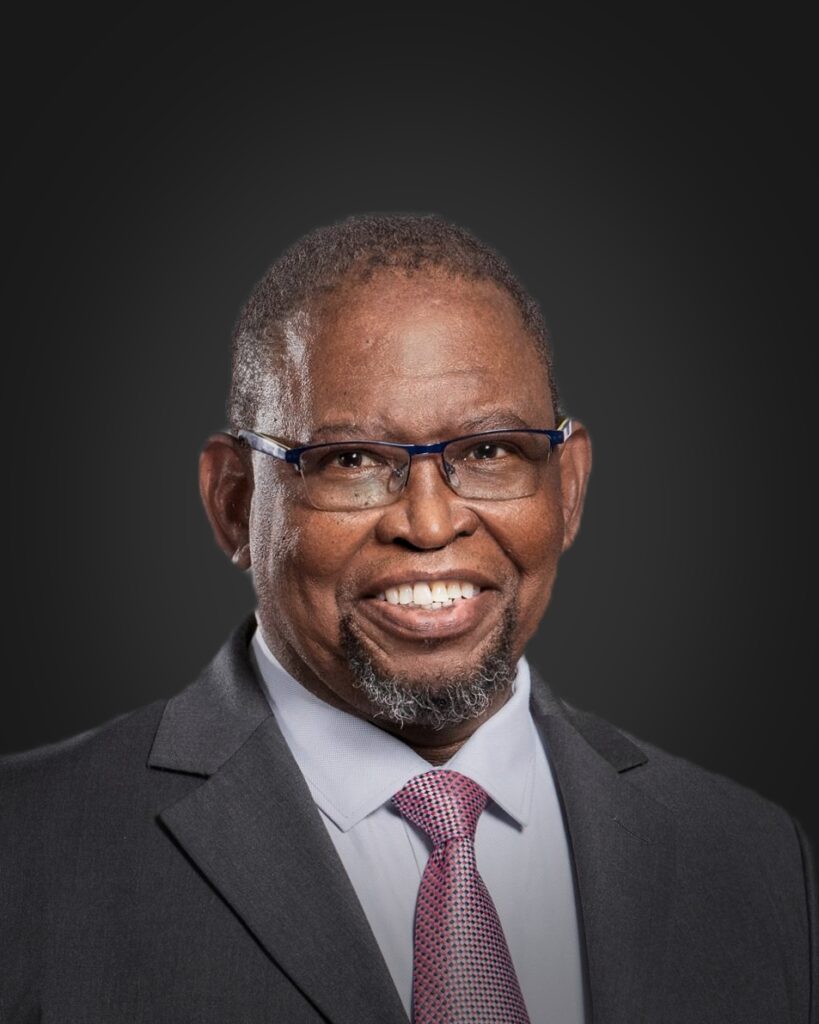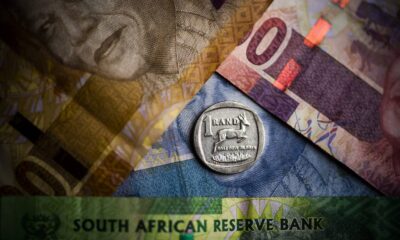News
After the Grey List: How SA’s New Budget Builds on Hard-Won Global Trust

For any nation, escaping the Financial Action Task Force’s “grey list” is like finally having a major black mark erased from your international credit report. The relief is palpable, but the real work begins immediately: proving that the change is permanent and building a more credible future.
South Africa’s recent exit from that list was a vital regulatory victory. Now, the question on every investor’s mind was, “What’s next?” According to cross-border payments expert Verto, Finance Minister Enoch Godongwana’s Medium-Term Budget Policy Statement provided a powerful answer.
“The Minister has met the moment,” said James Booth, Verto’s Head of Revenue. He hailed the budget not just as a set of figures, but as a strategic play to fully capitalize on the country’s freshly restored reputation.
The Twin Pillars of Stability
The statement introduced two key measures designed to signal seriousness to the global market. First, a firm commitment to capping government debt at 77.9% of GDP. This draws a clear line in the sand against unchecked borrowing. Second, and arguably more impactful for everyday South Africans and businesses, is the new inflation target of 3%.
This lower target is far more than a technical adjustment. It is a long-term promise of price stability. The logic is straightforward: lower inflation expectations allow the South African Reserve Bank to eventually lower interest rates. Cheaper borrowing costs, in turn, stimulate business investment and ease the pressure on household budgets.
A Boon for Cross-Border Commerce
For a company like Verto, which facilitates international trade, this is crucial. “A stable currency is a major determinant of the cost of cross-border trade,” Booth explained. When the value of the rand is less volatile, it becomes cheaper and less risky for South African businesses to import essential goods and for foreign companies to invest here.
This stability is expected to ease operational friction, reduce compliance costs, and speed up international transactions, making South Africa a more attractive and reliable trading partner.
The Unfinished Agenda
Despite the positive macro-economic framework, Verto notes a significant omission. The budget lacked specific policies addressing the nitty-gritty of capital flows and currency managementthe very lifeblood of international trade.
“The foundation has been laid,” Booth stated, pointing to the need for the next fiscal cycle to introduce targeted policies that explicitly support the fintech sector and streamline the movement of money across borders.
The message from the market is clear. South Africa has skillfully passed its recent audit. Now, the world is watching to see if it can build a thriving, frictionless economy on that solid foundation. The mini-budget was a strong start, but the construction is far from complete.
{Source: IOL}
Follow Joburg ETC on Facebook, Twitter , TikTok and Instagram
For more News in Johannesburg, visit joburgetc.com



























